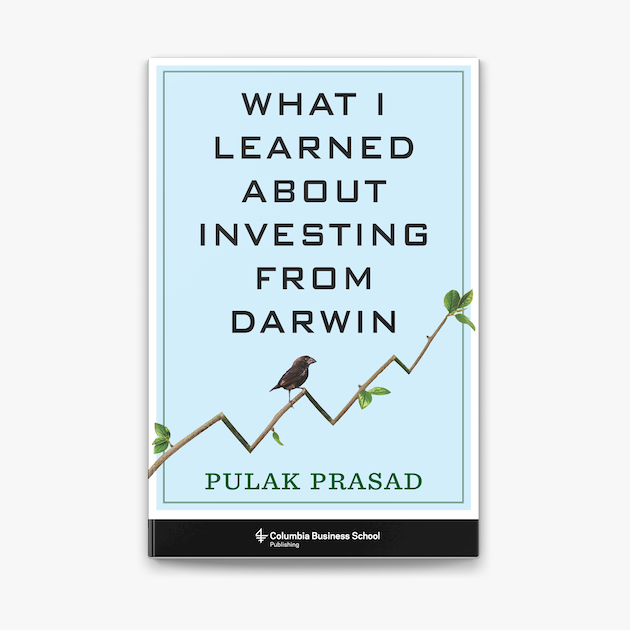SECTION I: AVOID BIG RISKS
📕 Eliminate serious risks
Would you bet your life on your next investment?
Learning the skill of not investing is harder and more important than learning how to invest.
An essential prerequisite for making money is the ability not to lose money.
📕 Almost everyone makes mistakes
There are two types of errors:
- A Type I error occurs when I make a bad investment because I erroneously think it is a good one.
- A Type II error occurs when I reject a good investment because I erroneously think it is bad.
📕 Think about risk first, not return
Don’t make type I errors.
Don’t commit to an investment in which the probability of losing money is higher than the probability of making money.
Risk should simply be the probability of incurring a capital loss.
📕 Which would be a riskier investment?
Investing in a high-quality grocery retailer at $90 or at $30?
The risk of losing money is greater at $90 than at $30. But academics of finance would argue exactly the opposite!
Never bring stock price volatility into a risk discussion.
📕 There are very few good investments in the market
A dramatic improvement in performance comes only when the rate of type I errors-errors of making bad investments-is reduced.
An investment career is probably among the very few that rewards the skeptic more than the optimist.
📕 Buffett is the best investor in the world because he is the best rejector in the world
Most investors will keep making type I errors (making bad investments) throughout their careers. It’s inevitable.
Try to avoid the avoidable type I error. By not taking on big risks.
🚩Avoid criminals, crooks and cheats
An investor should have no interest in a business owned or run by someone who defrauds customers, suppliers, employees or shareholders. Simply walk away.
🚩Avoid turnarounds
Don’t bet money on the hope that this same management will suddenly morph into the industry beaters in the near future.
🚩Avoid debt
First survival. There is no point in improving ROE by a few percentage points if it compromises long-term survival.
Secondly, debt diminishes long-term value creation.
A strong balance sheet is the one that minimises debt to maximise the safety of capital.
🚩Avoid M&A
Most mergers and acquisitions fail.
The M&A failure rate is over 70%. If a business is a serial acquirer, stay away. You can’t price this risk.
🚩Don’t try to predict where the puck will be
In fast-changing industries, nobody really knows who will win, when and how.
It’s best to refuse to play in industries that aren’t stable, predictable and boring.
We at Nalanda love stable, predictable, boring industries. Give us electric fans over electric vehicles, boilers over biotech, sanitaryware over semiconductors, enzymes over e-commerce. We like industries in which the winners and losers have been largely sorted out and the rules of the game apparent to everyone (page 37).
🚩Don’t align with unaligned owners
Three categories of owners to avoid in order to mitigate type I risk:
- Government-owned businesses
- Listed subsidiaries of Global MNCs
- Conglomerates. Value creation is possible only through sustained focus
We can be better investors only if we are better “rejectors.”
We occasionally walk away from a potentially attractive investment.
📕 Book

https://www.amazon.in/What-Learned-About-Investing-Darwin/dp/B0CDJRH38R


Leave a comment